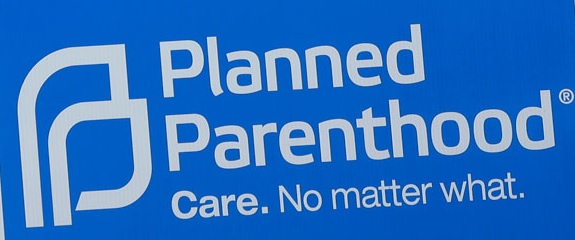Terrell Owens Can Teach Kids That Actions Have Consequences
(Released Jan 2006)
As a young, successful NFL wide receiver, it’s not surprising that Terrell Owens has garnered the admiration of kids everywhere. Now after his actions radically altered his own world, he must consider those who admire him as he seeks a return to prominence. In his own failings, he may be able to teach others.
Over the years, Terrell Owens became an essence commonly referred to as “TO.” His official website features branded TO merchandise such as a stuffed beanie of the team’s mascot – the Bald Eagle – wearing a t-shirt sporting a specially-designed “TO” logo. Unfortunately, TO’s brand now also portrays the images of an agitator, dissenter and self-centered individual who disrupts the spirit of teamwork to the extent that he lost the faith of his employer and his team.
At the beginning of the season, Owens’s enormous popularity could be found in the demand for his number 81 Philadelphia Eagles jersey. It was the hottest-selling NFL jersey during the off-season. By popular vote, his image graced the cover of the “ESPN NFL 2005” video game.
As it turned out, TO was deactivated by the Eagles in November. While this was partially due to a contract dispute over money, his misbehavior, selfishness and other controversy surrounding TO undoubtedly contributed to his downfall.
All of this begs the question of how TO is seen by his youthful following, especially those in the black urban community. On one hand, TO’s antics play right into the bad-boy image that many black urban kids follow where the culture of rebellion, sex, gangster rap music and videos, drugs and violence is glorified and revered. Kids seem to be learning about these self-destructive behaviors quicker than they are learning the fundamental lessons they should be learning in school.
On the other hand, how Owens deals with the situation could provide positive lessons. Such lessons include acknowledging and accepting the fact that there are rules and boundaries to abide by, as well as limitations and consequences for one’s actions. It’s unfortunate that the five-time Pro Bowler’s notable talent on the field this season, such as averaging 16.2 yards per catch in his first seven games, catching 47 receptions (of which six were touchdowns) and registering his 100th career touchdown pass – a feat that only six players have accomplished in the history of the NFL – were trumped by his dismissal.
TO is by no means a lost cause. Apart from his on-field prowess is his service as a celebrity chairperson for the Alzheimer’s Association. With his Terrell Owens Foundation and NFL Auctions, he auctioned off his 2004 Eagles championship ring to raise funds for the victims of Hurricane Katrina.
Now that hope has arisen that Owens may be able to play for another team next season, he could regain his former fame. It presents him with the opportunity to learn from his experience and share his wisdom with others.
He can teach kids about respect, teamwork and leadership from the lessons of his previous failings.
TO can polish his image and set an example for kids who yearn for a positive influence in their lives. He should be publicly vocal about the good things he has accomplished in his life, and help create a positive message to kids explaining to them that, in order to be a success, one must work hard, maintain good grades in school and follow the rules set before them. He should reinforce the need to listen to parents, respect others and be there for others.
This is the role of a role model. If Terrell doesn’t think he’s a role model, he should think again. Bad behavior should not be rewarded. Actions really do have consequences.







